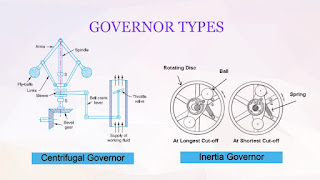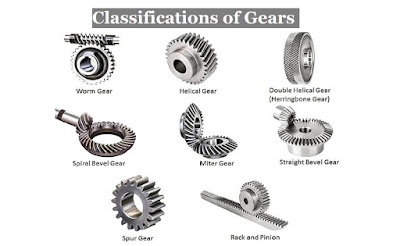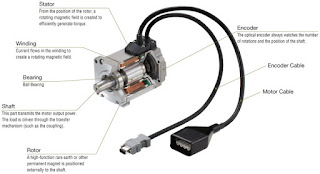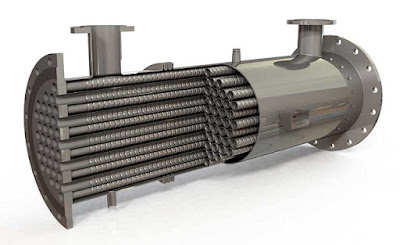Mechanics mend machines, such as automobiles, and to do their job properly they need a range of tools to assist them. In order to diagnose problems, repair them and maintain machines, read on to discover what a mechanic’s essential tool kit should include.
Spanner
Also known as a wrench, this invaluable tool will be required for a number of tasks that a mechanic will fulfil. Used to grip and tighten or loosen nuts and bolts, the spanner comes in a variety of sizes to suit the specific task. Most mechanics will own a variety of types and sizes of spanners.
Socket set
Many mechanics working on engines or machines have a socket set in their tool box. A bit similar to spanners, but better at gripping, the different sized sockets are used to tighten or loosen a variety of nuts and bolts.
Screwdriver
A screwdriver is a vital component of a mechanic’s tool kit, as it can be used to turn or drive screws in various parts of a machine or engine. There are different types of screwdriver, the most common being a Phillips and a flat head one.
Voltmeter
A mechanic will find a voltmeter handy when they need to work with electrical components of a machine or engine, or any other aspects of a vehicle, for instance. The voltmeter can help diagnose electrical problems as well as check the voltage. As with any tool used, it’s always worth opting for a good quality one that is reliable and precise.
Pliers
Pliers are useful for any sort of task where you need to grip, cut, bend or straighten something – they make for an essential component of a mechanic’s tool kit. Mechanical jobs where pliers are needed include working with brakes, connectors or hoses.
Pry bar
These handy tools come in a range of sizes and a mechanic will probably need to use one at some point during the course of their work. They are used to gently break apart components that have been stuck together for a long time, or in the case of an automobile, over a long stretch of miles.
Hammer
A hammer is a worthy inclusion in a mechanic’s tool kit because it will come in handy in those times when a good whack is needed to knock a stuck rotor or any other component that is stubborn at budging. It may also be used for brake work on a motor. You may want to get a rubber mallet for those instances where you don’t want to leave a dent in the surface.
Light
A mechanic’s tool kit should include some sort of flashlight so that they can see what they are doing during their work. This is especially important for fiddly areas, or for working in tight, cramped spaces, such as under a car. Many mechanics opt for a headlamp that they can wear, thus leaving their hands free for other tasks.
Jack
If a mechanic’s job involves getting underneath an automobile or taking the wheels off it, then a Jack will be an essential tool to assist in the job.














Comments
Post a Comment